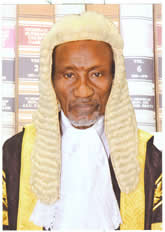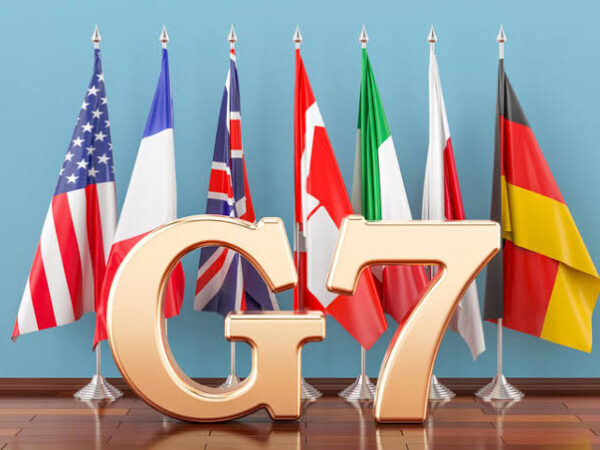
Chief Justice of Nigeria (CJN), Justice Mahmud Mohammed, has given reasons the National Judicial Council (NJC), which he heads, suspended judges accused by the Department of State Services (DSS) of corruption and falsification of assets.
The CJN said the NJC’s action was informed by the desire of the Judiciary to preserve its independence. He said the NJC had to act because the Attorney-General of the Federation and Justice Minister, Shehu Malamai SAN, had said the ministry was ready to prosecute the judges.
According to the CJN all courts were empowered to adjudicate with utmost fairness and justice as prescribed in the Constitution and the law.
Mohammed stated this yesterday during the swearing-in of Amina Augie and Ejembi Eko as justices of the Supreme Court in Abuja.
The NJC announced the suspension of the judges on Friday after initially declining to do so, arguing that there were no evidence of wrongdoing against the judges.
The judges had earlier been arrested by the DSS for allegedly receiving bribes.
“Certainly, the decision of the NJC at its last meeting reflects our desire to preserve this independence. Hence, we proclaimed to the world that any judicial officer that is standing trial will cease to perform judicial functions.
“The council took this stand following communications it received from the Attorney-General of the Federation that he was embarking on the prosecution of the affected judicial officers for the offences disclosed against them,” he said.
But, he said: “We must not forget that we operate a constitutional democracy, which clearly prescribes the powers accorded to each organ of the state.
“I therefore, wish to state without fear of contradiction that the third arm of government will remain resolute in its commitment and resolve to uphold its independence,” Mr. Mohammed said.
The CJN urged the new justices to continue to be diligent in the discharge of their duties.
“You must remain blind to personality and status, and remain the hope of all men, whether common or uncommon.
“Hence, the integrity and impartiality of our courts must not be in question or compromised.
“I am confident that with the institutions and initiatives that we have put in place, the Nigerian Judiciary will evolve to meet the high standards demanded by our citizens,” the CJN said.
Justice Eko was from the Court of Appeal in Lagos. He also served in Benue State High Court between 1989 and 2007.
The affected justices are Justices Sylvester Ngwuta and Inyang Okoro Supreme Court, the suspended Presiding Justice of the Court of Appeal, Ilorin Division, Justice Mohammed Ladan Tsamiya, who was picked up in Sokoto; Justice Adeniyi Ademola (Federal High Court); the Chief Judge of Enugu State, Justice I. A. Umezulike; Justice Kabiru Auta of Kano State High Court; Justice Muazu Pindiga (Gombe State High Court); Justice Bashir Sukola and Justice Ladan Manir from the Kaduna State High Court.
Of the nine judges, the NJC has recommended sanctions for Justice Tsamiya; the erstwhile Chief Judge of Enugu State, Justice I. A. Umezulike; and Justice Kabiru Auta.
sunnews


